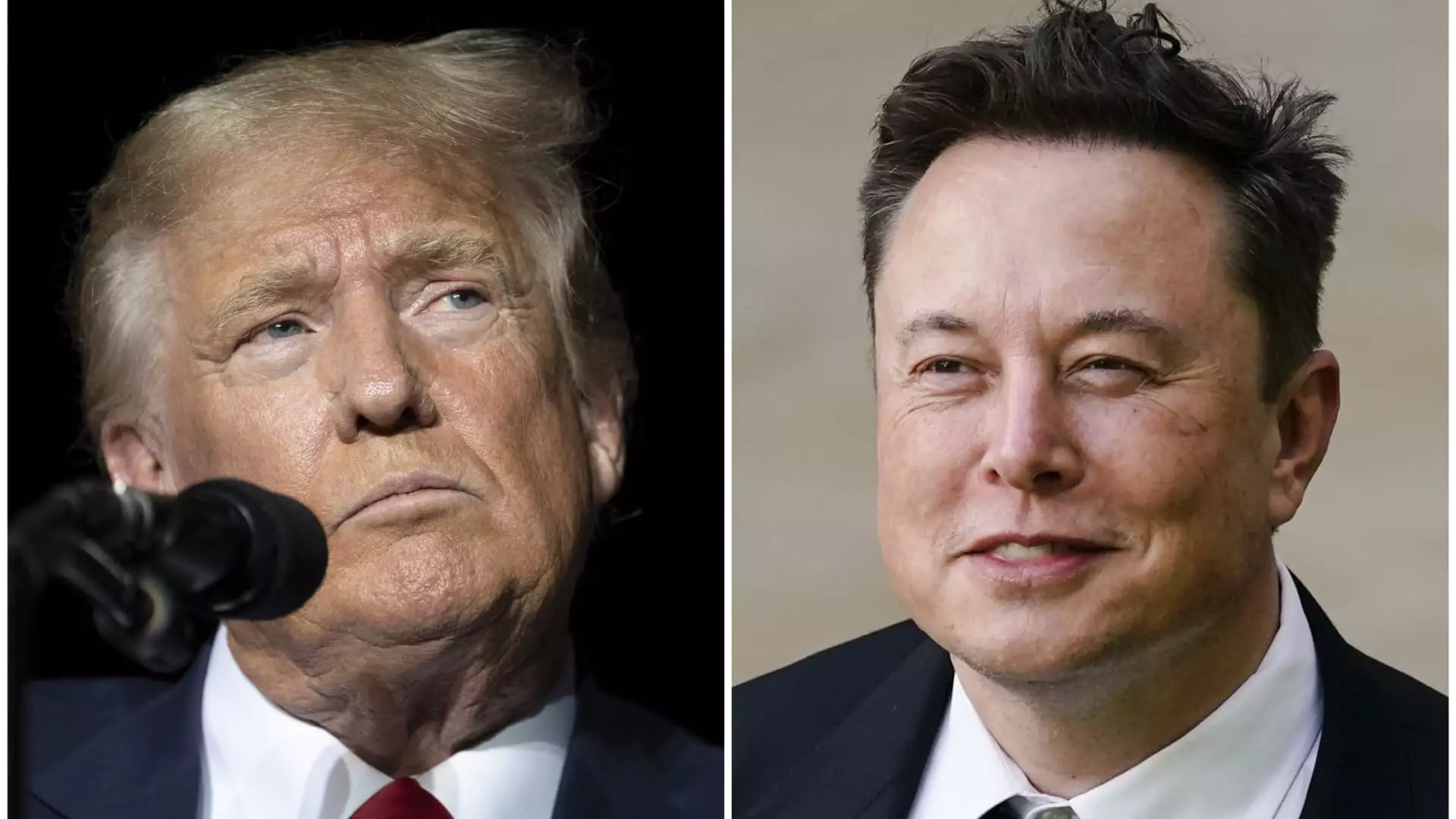The rapid development of artificial intelligence (AI) has sparked significant investment pledges from major tech players, with recent announcements promising monumental spending on AI infrastructure in the United States. However, a critical examination of these claims reveals underlying tensions and skepticism, particularly highlighted by Elon Musk’s recent assertions regarding financial capabilities. This article explores Musk’s critique, the reactions from industry leaders, and the implications for the future of AI in America.
In a surprising turn of events, Elon Musk challenged the financial feasibility of a $500 billion investment initiative in U.S. AI infrastructure led by prominent tech companies such as OpenAI, Oracle, and SoftBank. His comments came shortly after a high-profile announcement from President Trump detailing the Stargate project, aimed at bolstering the country’s technological capabilities. Musk’s skepticism centers around the claim that these companies might not have the financial resources required to fulfill such a lofty promise, specifically citing SoftBank’s liquidity issues. His assertion, “They don’t actually have the money,” sparked immediate debate within the tech community.
Musk’s remarks, expressed through his social media platform X, drew attention not only for their content but also for their timing in relation to Trump’s announcement. The Tesla and SpaceX CEO’s position as a significant backer of Trump’s political campaign adds complexity to the discourse, raising questions about potential motivations beyond mere skepticism regarding investment capabilities.
The reaction from industry leaders was swift, particularly from OpenAI CEO Sam Altman, who directly responded to Musk’s comments. In his statements, Altman acknowledged Musk’s entrepreneurial achievements while firmly rejecting Musk’s assessment of SoftBank’s financial status. He emphasized the importance of prioritizing national interests over corporate rivalries, implying that collaboration on AI initiatives should transcend individual company agendas.
The contrasting responses between Musk and Altman highlight not only a professional rivalry but also a wider clash of philosophies regarding the future direction of AI. While Musk has previously voiced concerns about the existential risks associated with AI, Altman remains optimistic about the potential benefits of AI to society. This divergence illustrates a critical tension within the industry, reflecting differing visions for the integration and governance of AI technologies.
Musk’s comments not only throw doubt on the immediate financial viability of the Stargate project but also underscore the larger issue of sustaining investments in AI infrastructure. Industry experts suggest that significant capital commitments must be met with transparent accountability and strategic planning to ensure long-term success. Skepticism about funding can lead to uncertainty among investors and stakeholders, potentially undermining the ambitious goals set by industry leaders.
Furthermore, the Spartacus-sized promise of “over 100,000 American jobs” linked to the Stargate initiative raises questions about the realistic timeline and economic conditions necessary to fulfill such promises. Critics warn that inflate projections can result in public backlash and diminish trust in tech firms when expectations are not met. This highlights the need for a clearer articulation of how these investments translate into tangible social and economic outcomes.
As the debate continues, the path forward for AI infrastructure investments in the U.S. remains fraught with uncertainties. With substantial funds reportedly earmarked for immediate deployment, the involvement of major players like Microsoft and Oracle adds both credibility and pressure to deliver results. The recent stock market reactions, including a surge in Oracle shares, indicate that investor confidence is intertwined with effective execution of these promises.
The unfolding situation encapsulates the complexities and challenges of the burgeoning AI sector. Elon Musk’s critical views remind stakeholders of the necessity for realistic appraisals of financial commitments in ambitious projects, while responses from industry leaders indicate a willingness to confront and counter skepticism. As the U.S. seeks to cement its position as a leader in AI research and infrastructure, ongoing collaboration, transparency, and a focus on both innovation and equity will be crucial to sustaining momentum—and to truly unlocking the transformative potential of artificial intelligence.


Leave a Reply